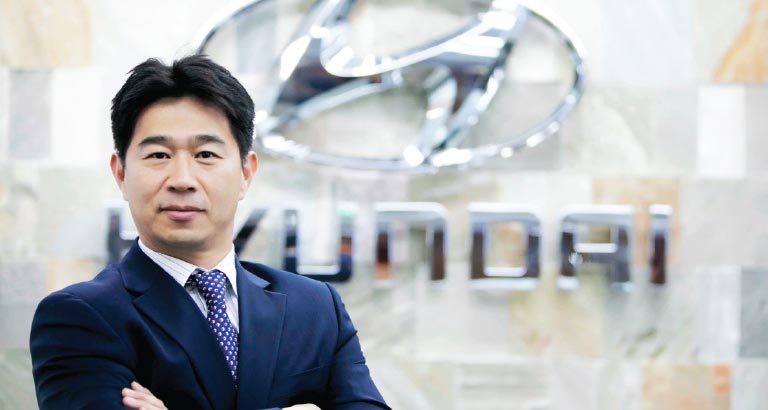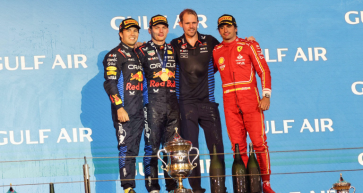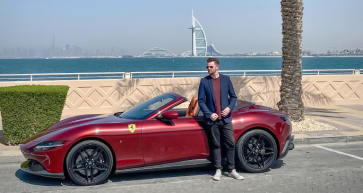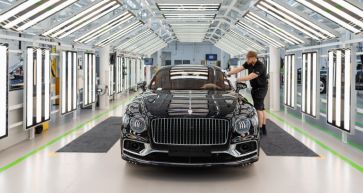
Car maker Hyundai is taking a leading role in the transition towards a more environmentally sustainable motor industry, by creating a practical path forward in moving from fossil fuels to electric vehicles that will suit a wide range of worldwide markets.
While there is now a consensus in the motor industry that electric vehicles will dominate the future, Hyundai’s head of operations for Africa and the Middle East, Mike Song, says there is a tendency for companies to focus too heavily on a limited choice of technologies. As a result, the products in development may not be suitable for all markets, or all uses.
Hyundai is taking a different approach. Instead of committing to one form of technology, the Korean company is now manufacturing models using four different approaches to electric power: fully electric, hybrid, plug-in and hydrogen fuel cell.
The company has been testing various electrified drivetrains for more than 25 years, has been offering hybrids as part of its international product line-up since 2009, and was the first company to offer a production fuel-cell model when it released the Tucson FCEV in 2014. Last year it launched its first dedicated eco-car platform, the IONIQ. In another world first, the IONIQ is the only production car engineered for a selection of hybrid, plug-in or fully electric drivetrains.
“Of the current technologies, hydrogen is the only one that matches the convenience of petrol or diesel for quick refuelling, but it requires a big investment in infrastructure, and is more expensive,” says Mike Song. “Fully electric vehicles need long periods of downtime to recharge their batteries, while hybrids offer reduced emissions vehicles rather than no emissions.
“What we need to drive the transition is a diverse range of technologies to meet a diverse range of uses and budgets.”



